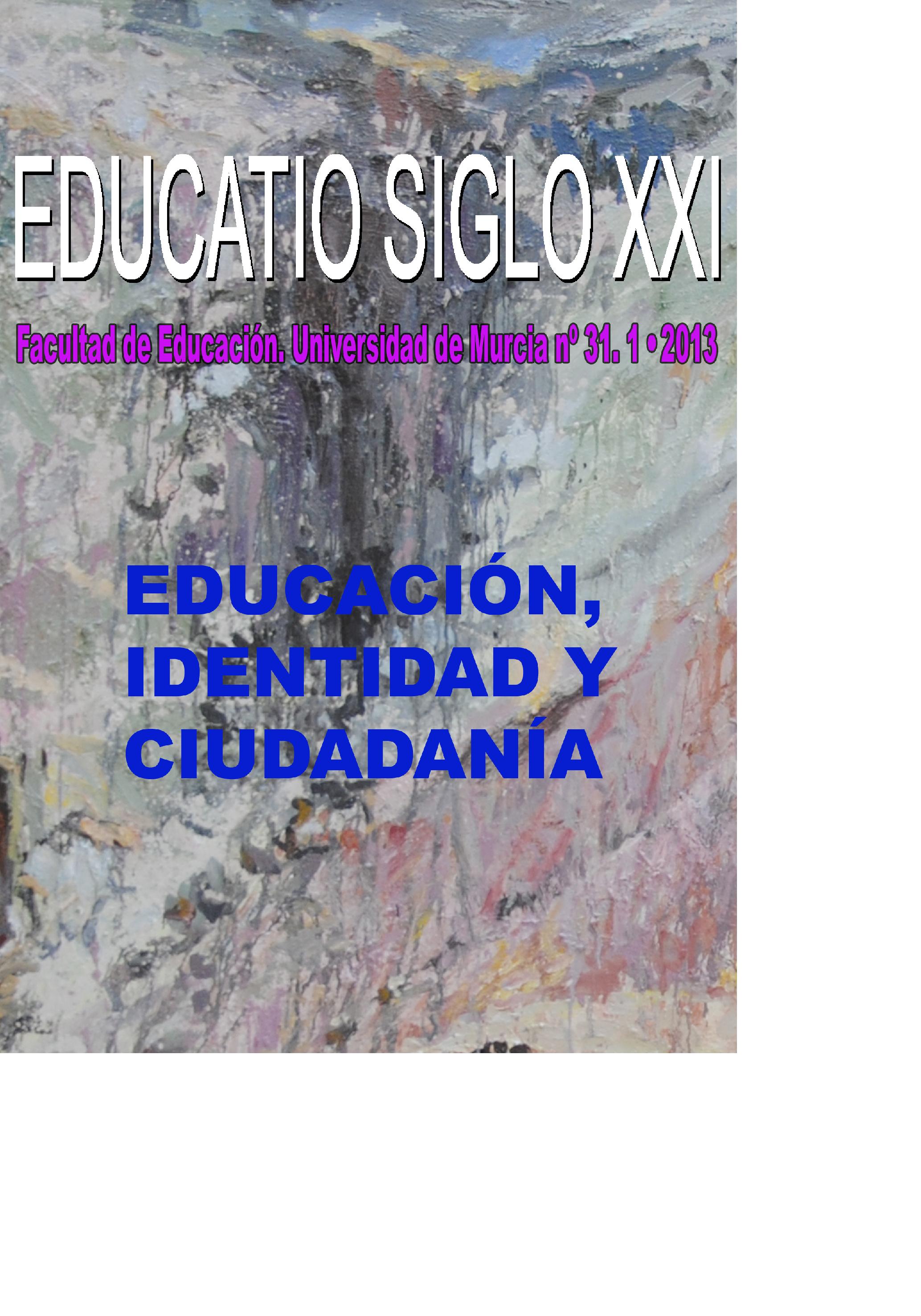Design, implementation and assessment of a programme to improve the evaluative formation of special education teachers
Abstract
Nowadays talking about quality involves talking about assessment too, since the concern about the quality has led to the need of assessment. It is unquestionable that assessment and quality have a dependent relationship between each other and it can not be conceived one without the other. This straight relationship between assessment and quality is also a reality in education, where all the aspects related to learning and teaching are under assessment. Thus, it is important thatteaching staff can develop some abilities associated to assessment theory and practice so that they can improve the quality of education.
The following research has started out from a previous study in which we analyzed the needs of assessment training that special education teachers in Murcia (Spain) have. In order to meet all the assessment needs of these teachers, we have designed an intervention programme, adapted to the specific features of a group of twenty special education teachers from Murcia, to whom we applied this programme. The assessment of both the design and the results of the implementation of this programme has turned out to be very satisfactory. This proves the quality of the programme due to the fact that it has managed to strengthen the ‘Know’, the ‘Know-how’ and the ‘Know-how-to-be’ abilities of the participating teachers.
Downloads
-
Abstract1004
-
PDF (Español (España))356
Original work publishes in this journal is subject to the following terms:
1. Murcia University Press (the publishing house) holds the copyright of the publishes work, and favours and allows their reutilization under the use license stated in point 2.
© Servicio de Publicaciones, Universidad de Murcia, 2015
2. Work is published in the electronic edition under a license (Creative Commons Reconocimiento-NoComercial-SinObraDerivada 4.0 España (legal text). They can be copied, used, disseminated, transmitted and publicly presented, as long as: i) authorship and original publication source is acknowledged (journal, publishing house and URL of the work); ii) are not used for commercial purposes; iii) the existence and specifications of this use license is stated.
3. Conditions for self-archive. Authors are allowed and encouraged to disseminate electronically the pre-pint (before review) and/or post-print (accepted for publication) versions of their work before their publication since that favours earlier circulation and dissemination resulting in an increased chance for the authors to be cited and for the work to reach a bigger share of the academic community. Colour: RoMEO: green.








